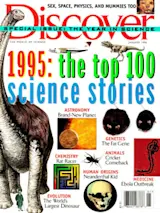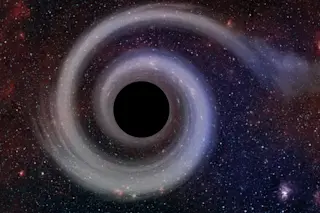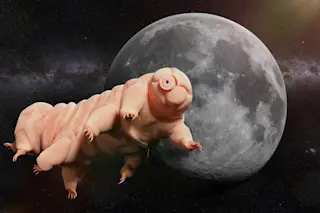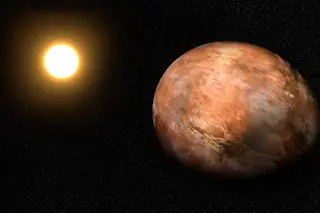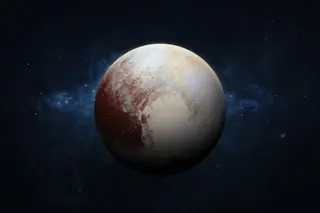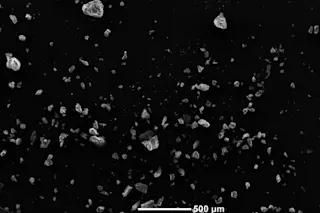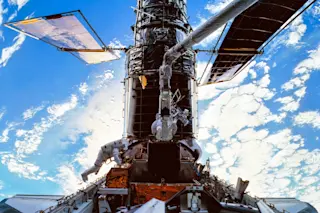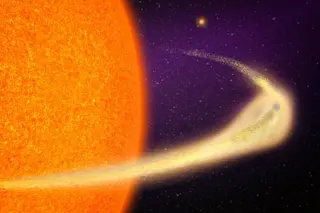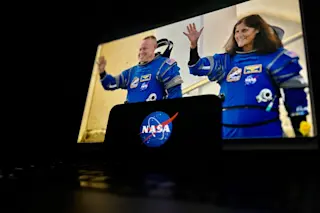NASA has always tried to be good to wildlife. When the space agency acquired Cape Canaveral in 1962, it reserved more than 200 square miles of salt marshes and woodlands--today one of the last tracts of undeveloped Florida coastline--for alligators, owls, ospreys, and hundreds of other kinds of wildlife. But does NASA get any gratitude from the animal kingdom? It does not.
Instead, last June it got 195 holes in the insulation surrounding the fuel tanks of the space shuttle Discovery, courtesy of a pair of male yellow-shafted woodpeckers. Aggressive behavior is typical for the birds, also known as flickers, when they are seeking to impress females; but their ferocity toward the shuttle as it sat on the launchpad, innocent and apparently treelike, surprised even wildlife experts. Video cameras showed a frenzied, lovesick woodpecker pounding on one spot for eight straight minutes amid a shower of foam flecks. To keep ...


